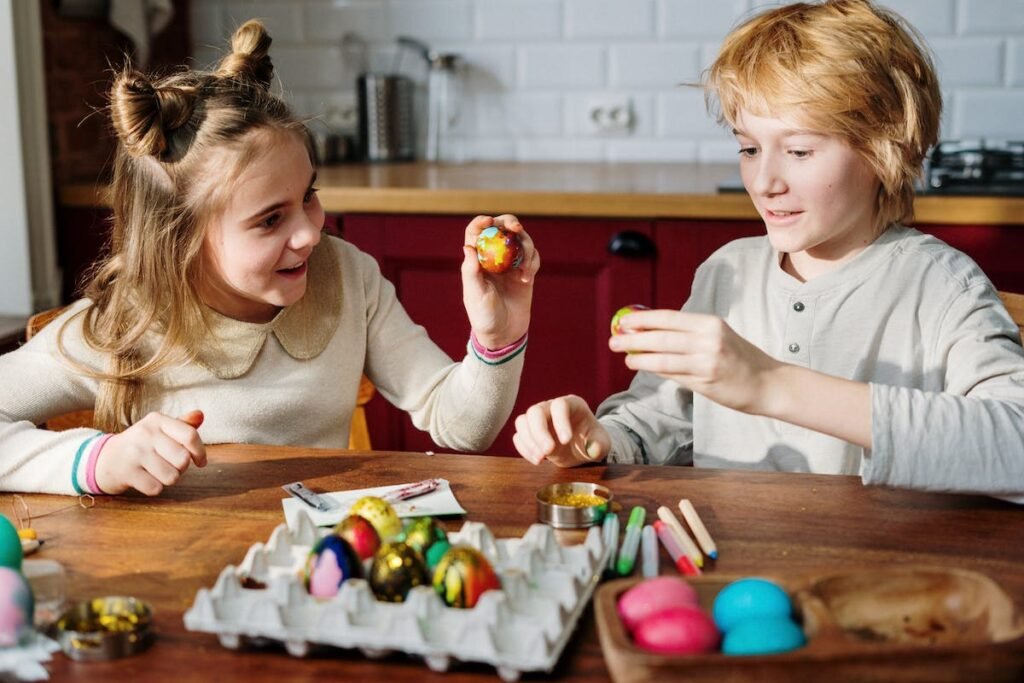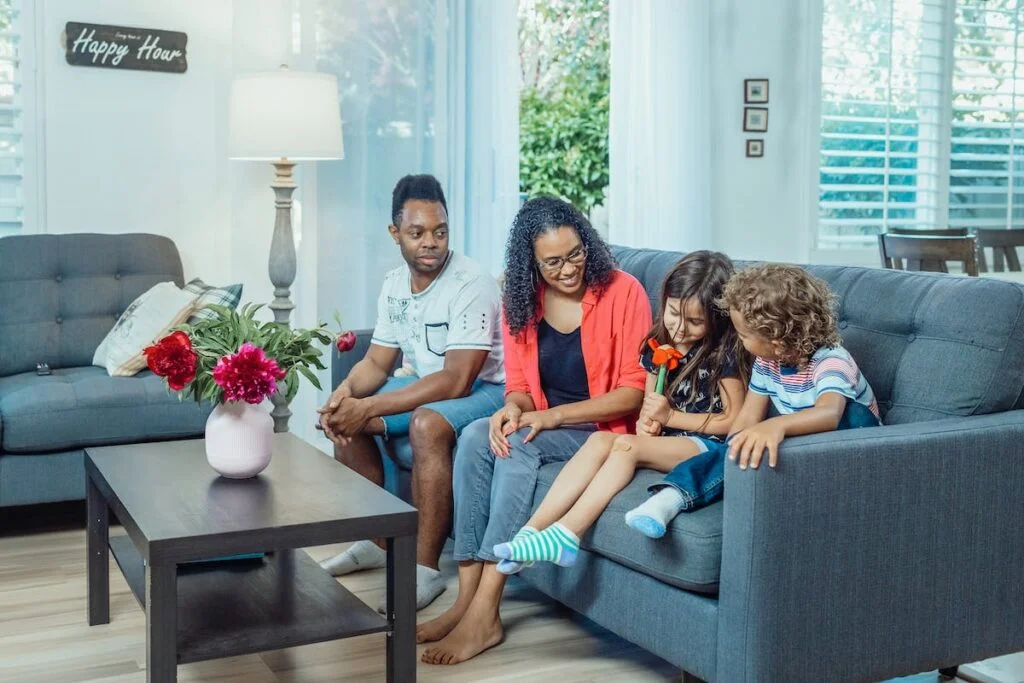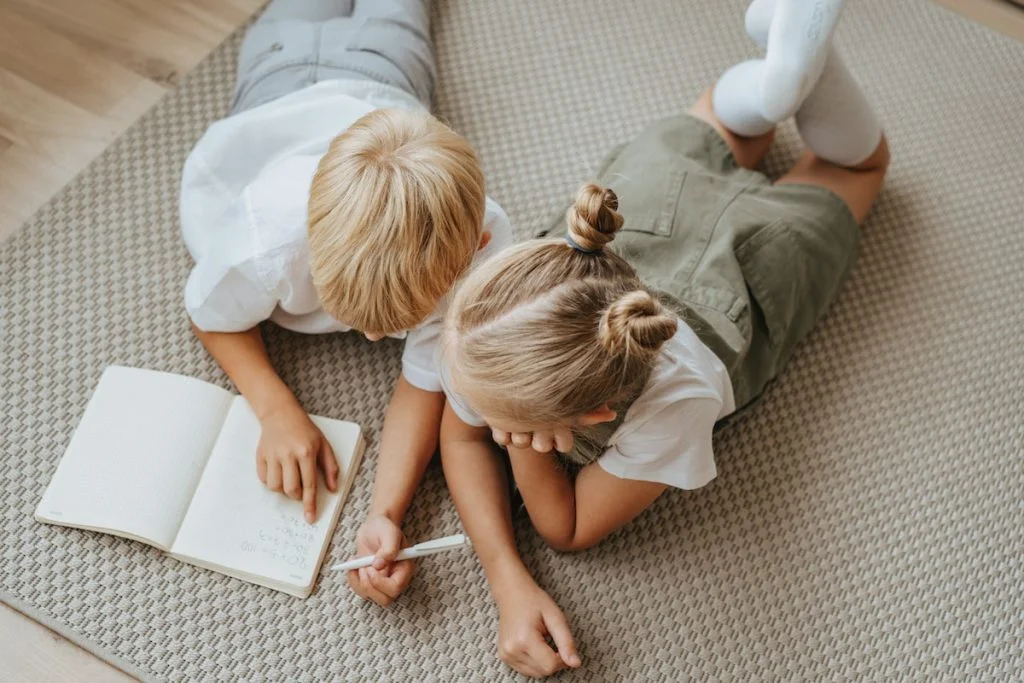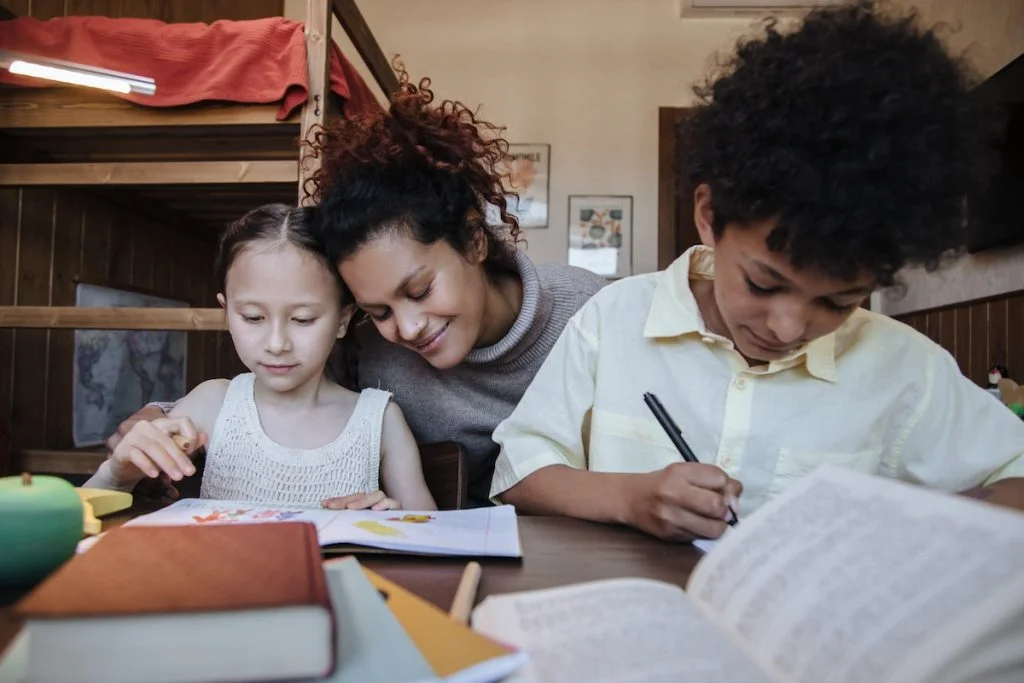Fostering sibling sets is an essential component of the foster care system that is often overlooked. When children enter foster care, they are frequently separated from their siblings, which can cause feelings of grief and anguish.
However, evidence indicates that keeping siblings together can improve their general well-being and future performance. In this post, we will look at the importance of fostering sibling sets and the benefits they can have for both the children and the foster families.
Join us as we delve into the impact of fostering sibling sets and why it is crucial in the foster care system.
Why Are Siblings Separated in Foster Care?
Sibling separation in foster care is a complex and tragic subject that has long plagued the child welfare system. Siblings are separated for a variety of reasons when placed in foster care, but the ultimate goal is always to guarantee the children’s safety and well-being.
One of the primary causes for sibling separation is a scarcity of available foster homes that can accept numerous children. Foster homes often have limited room and resources, making it challenging to care for more than one kid at a time.
The fact that many foster families would rather take in younger kids or babies makes the home shortage worse and gives older siblings even fewer opportunities for placement together.
Placing children in households that are able to accommodate their individual needs is another factor that leads to sibling separation. For instance, a sibling who needs more care or has unique needs could need to live somewhere other from their siblings who don’t share those needs.
Siblings may also be split up if their safety requires them to be placed in different homes due to a history of abuse or neglect in the family. Judges and social workers must balance the possible anguish of separating siblings with the possible risks of keeping them together, which may be a challenging and emotional decision.
The Adverse Consequences of Foster Care Sibling Separation
One of the most obvious consequences of separating siblings in foster care is the loss of a solid support network. Siblings have a special bond that is frequently the longest and most stable in a child’s life. They offer emotional support, assist one other in difficult times, and provide comfort and company.
When siblings are separated, they lose their sense of security and stability, which can cause loneliness, worry, and despair. This can have a significant impact on their mental health and well-being.
Furthermore, separating siblings in foster care might undermine their feeling of identity and belonging. Siblings typically share similar experiences, memories, and cultural origins.
Children who are separated from their siblings may struggle to preserve a sense of self, leading to feelings of loneliness and alienation from their culture and roots. This can be especially difficult for children who have been removed from their birth families and are already dealing with identity issues.
Furthermore, separating siblings in foster care might have a negative impact on their schooling and social development. Siblings frequently attend the same schools and have similar academic aptitude, which helps foster a sense of familiarity and support in the classroom.
Separated children may struggle to adjust to a new school and feel alienated and disconnected from their friends. This might lead to low academic performance and trouble making new friends.
Furthermore, siblings in foster care may have difficulty establishing ties with one another while separated. Visitation between siblings in various foster homes can be limited and unpredictable, making it difficult for them to form strong bonds.
This can cause a sense of desire and yearning for their siblings, which can be emotionally draining for children who have already been through the trauma of being placed in foster care.
In rare circumstances, separating siblings in foster care can result in sentiments of resentment and animosity towards the system. Children may believe they have been unfairly separated from their siblings and struggle to comprehend why they were unable to stay together. This can breed mistrust and make it difficult for children to build strong relationships with their foster homes and social workers.
5 Tips for Fostering Sibling Sets
Fostering a sibling set can be a rewarding and challenging experience for parents. While it may come with its own unique set of challenges, it also offers the opportunity to provide a loving and stable home for multiple children.
As a parent, it’s important to approach this journey with an open mind and a willingness to learn and adapt. To help make the process smoother, here are 5 tips for parents fostering sibling sets.
Understand the Dynamics
Before fostering a sibling set, it’s important to take the time to understand the dynamics between the siblings. This can include their ages, personalities, and any past traumas they may have experienced. Understanding these dynamics can help you better prepare for any potential challenges and also help you create a nurturing environment for each child.
Create a Sense of Belonging
For siblings who have been separated from their birth family, the concept of belonging can be a sensitive issue. As a foster parent, it’s important to create a sense of belonging for each child.
This can include giving them their personal space and also encouraging them to participate in activities that they enjoy. It’s also important to acknowledge and celebrate their individuality while also promoting a sense of unity as a family.
Encourage Communication
Siblings who have been separated may have a difficult time communicating with each other. As a foster parent, it’s important to encourage healthy communication between the siblings. This can include setting aside designated times for them to talk, promoting active listening, and helping them resolve any conflicts that may arise.
Be Patient
Fostering a sibling set can be a challenging and emotional experience for both the children and the parents. It’s important to be patient and understanding as the children adjust to their new home and family dynamics.
It may take some time for them to feel comfortable and build trust, so it’s important to be patient and give them the time and space they need to adapt.
Seek Support
Fostering a sibling set can be a demanding and overwhelming experience, so parents need to seek support when needed. This can include reaching out to other foster parents, joining support groups, and seeking guidance from professionals. It’s also important to take care of your well-being, as this will ultimately benefit the children in your care.
Be a Foster Sibling Parent Today
Becoming a parent for foster siblings is a selfless and noble decision that can change the lives of these children in unimaginable ways. It is a journey that will come with its own set of challenges, but the rewards of being able to provide a loving and stable home for these siblings and seeing them thrive together will be immeasurable.
So, if you are considering becoming a parent, consider opening your heart and home to foster siblings in Colorado. To join our Colorado community of foster care supporters, get in touch with Courage Community Foster Care today at 720-397-3387.





Recent Comments